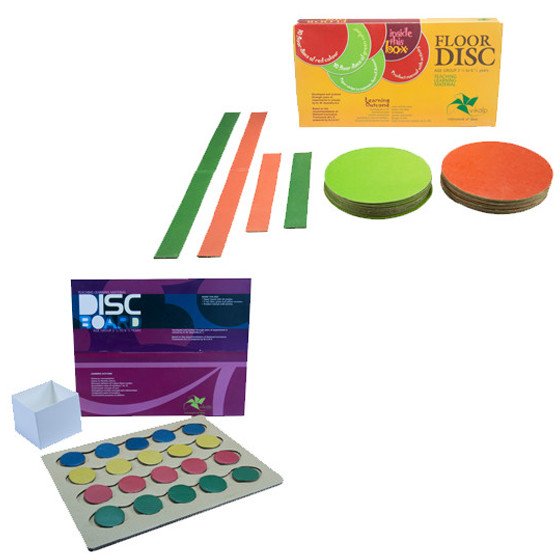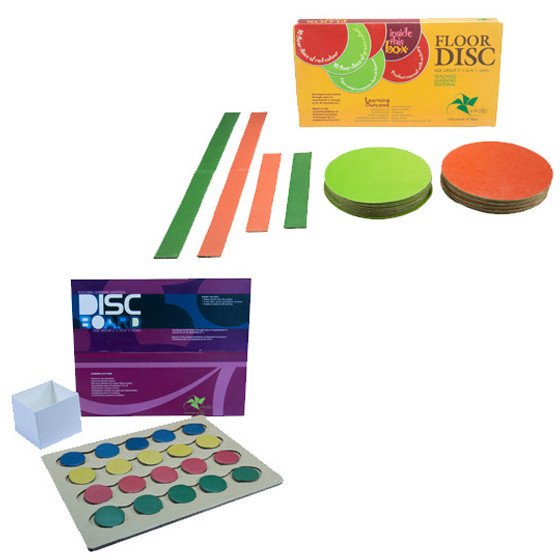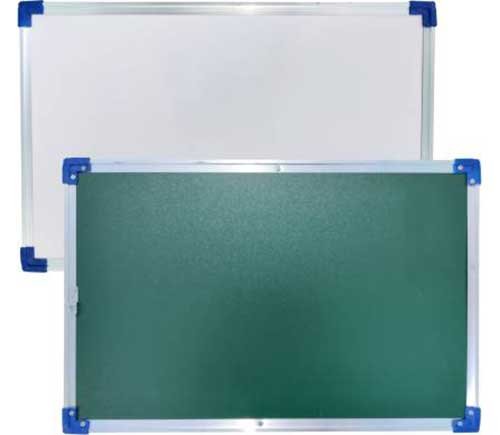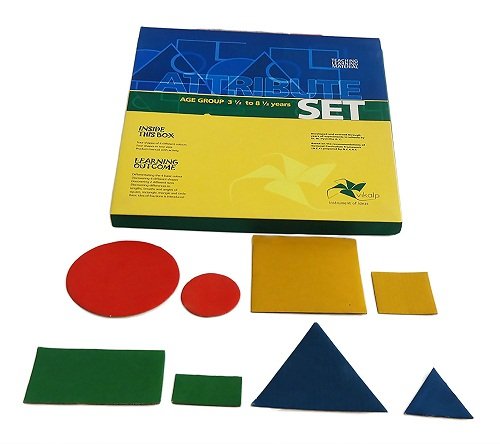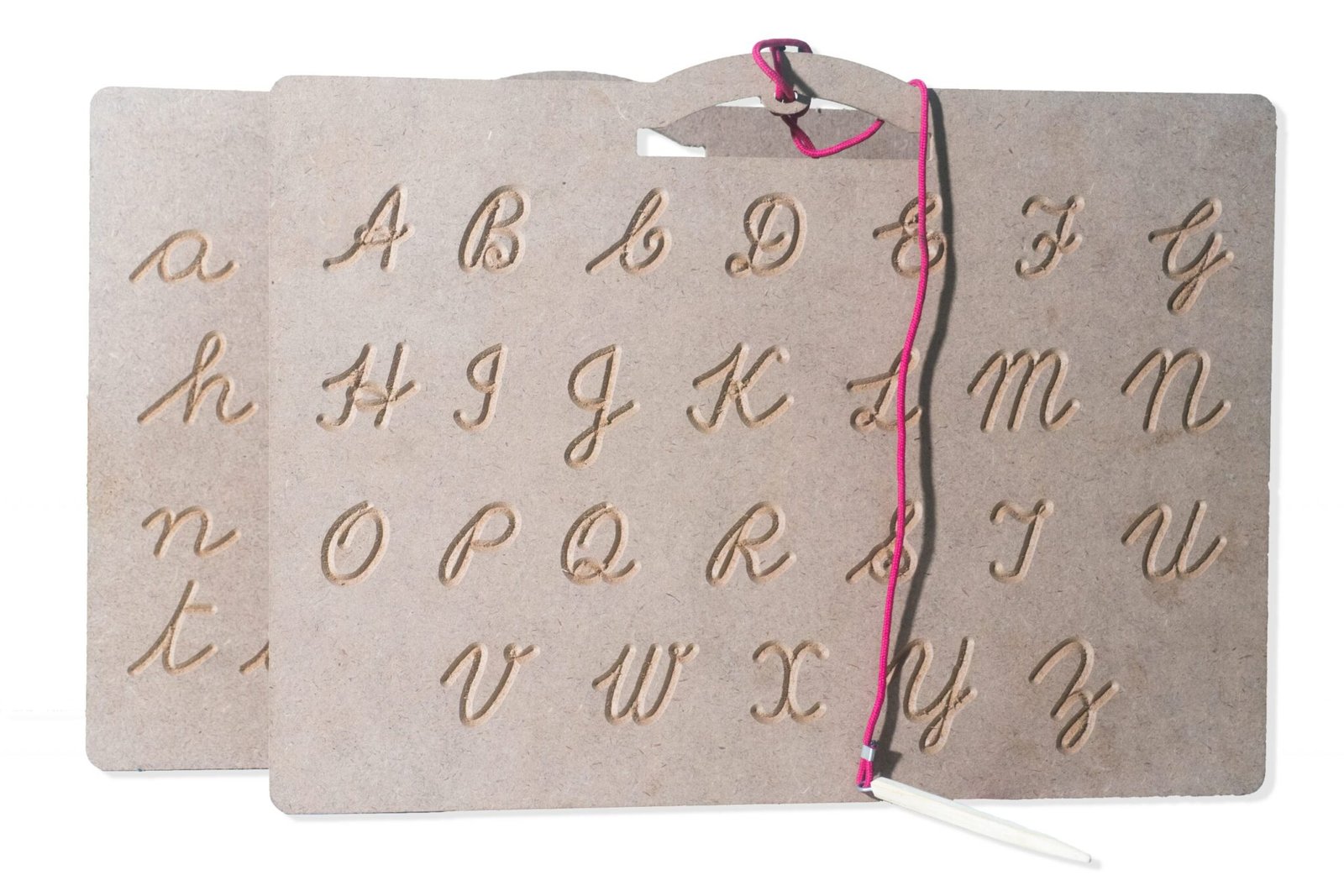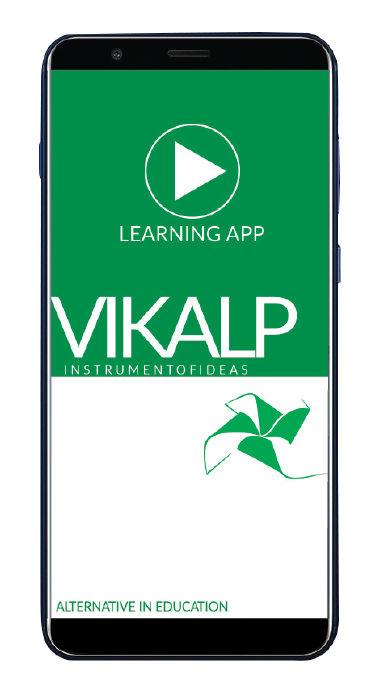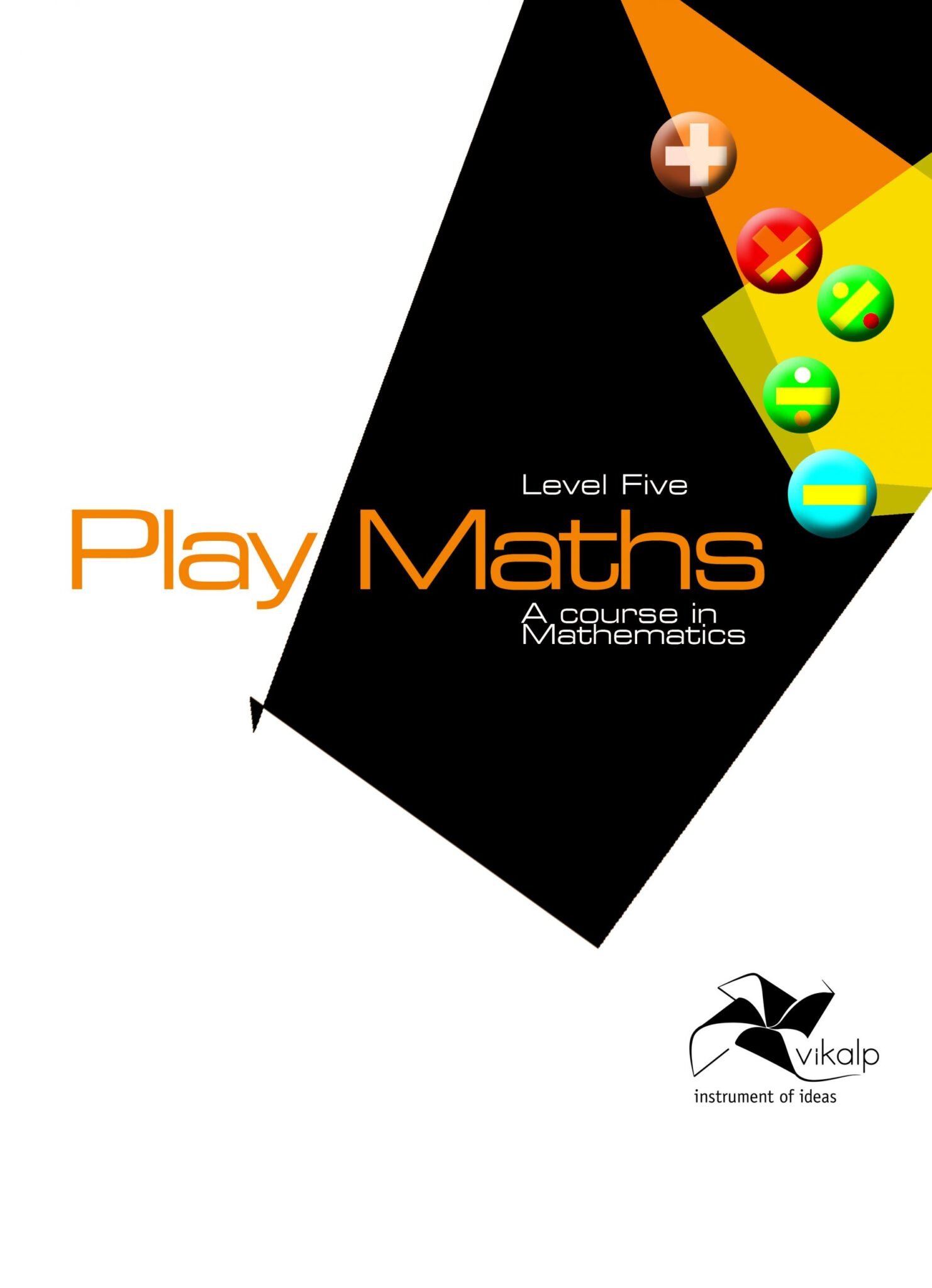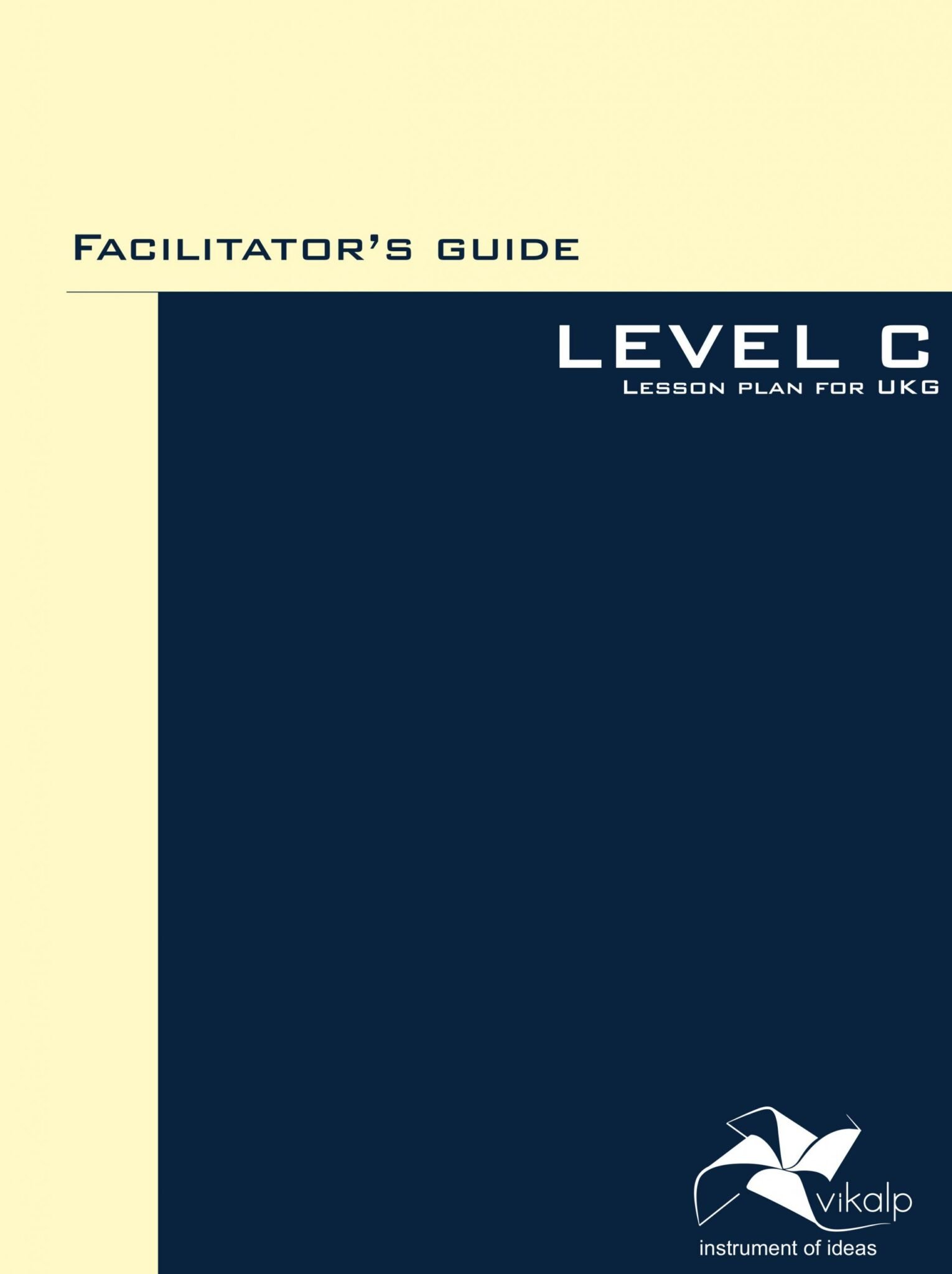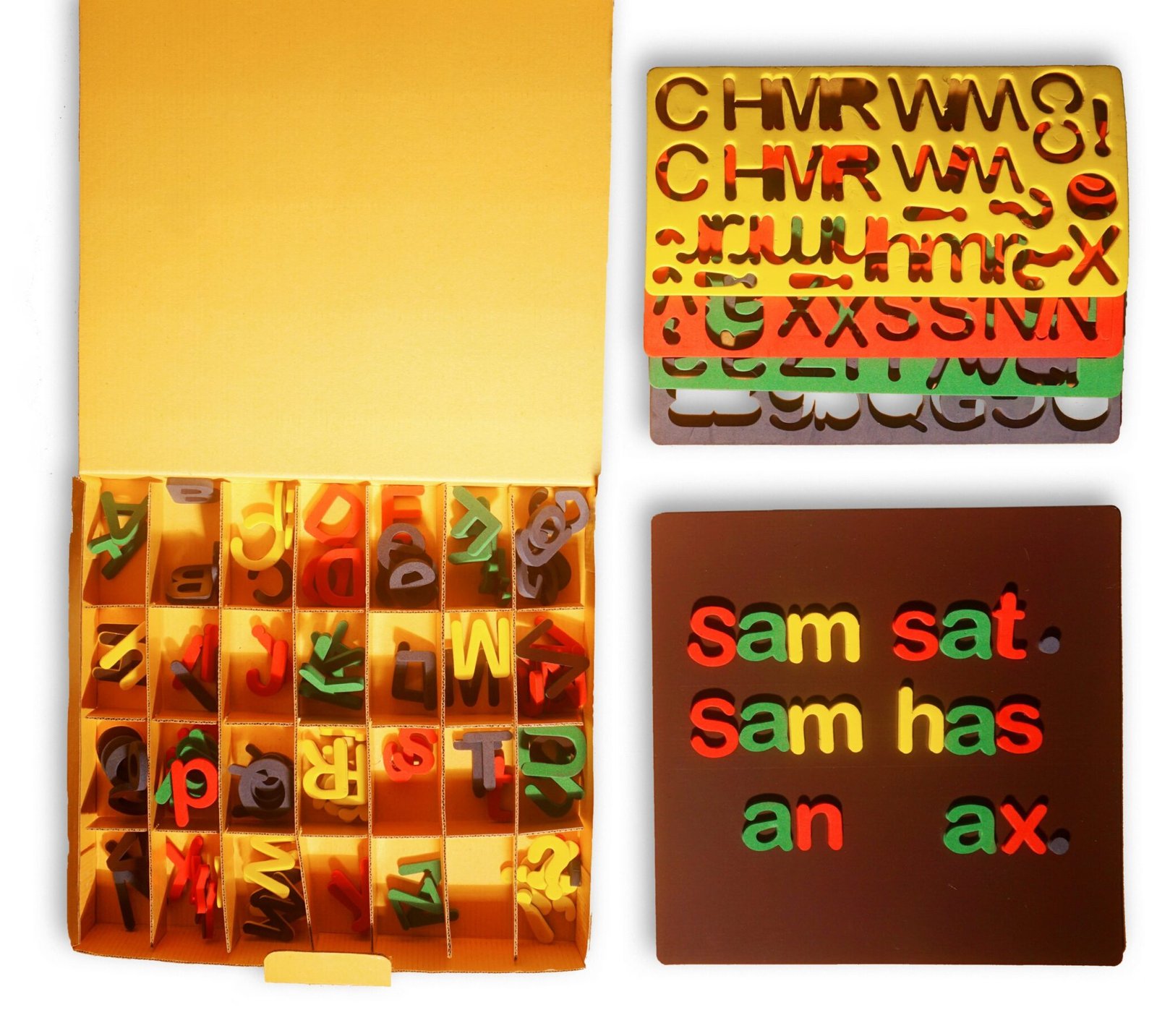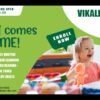Currently Empty: ₹0.00
Upper Kindergarten (3 Month Subscription)
₹12,850.00 – ₹38,550.00
https://www.youtube.com/watch?v=SsbbMjXuaeA
Upper Kindergarten (3 Month Subscription) includes the following:-
Live interactive Online Class
- 72 Live classes
- Duration 30 minutes
- Batch: 6 to 9 students
- Platform: Zoom
METHODS & TECHNIQUES
- Discover concepts while doing activities
- Practise on mobile games
- Interpreting pictures, sketches, cartoons
- Reading Aloud, reciting poems
- Making observations on a given topic/theme
- Telling and retelling stories & anecdotes
- Assessment of both activity + pen & paper work
Educational Toys shipped at your home.
- Forward & backward Counting on Floor Disc
- Quantitative Value of Numbers on Disc Board
- Cursive Handwriting Board
- Learns to blend & segment syllables on Phonic Sound Cards
- Phonic Based Reading with Magnetic letters
- Learns to draw & write on White Board
- Able to relate 2D shapes of Attribute Shapes with objects in the environment
Books shipped at your home.
- Facilitator Guide with step-by-step instruction.
- “Play Math” multicolour Activity Book
Digital Products at your phone
- Watch Video Lessons to understand https://play.google.com/store/apps/details?id=com.VikalpIndia.MathVideoApp&hl=en_IN&gl=US
- Play mobile games to practice the concepts https://play.google.com/store/apps/details?id=com.VikalpIndia.PlayMathbyVikalpIndia&hl=en_IN&gl=US
Customer Care Support
- Coordination btw parent and faculty
- Coordination with Parent and assessment dept.
- Conducting webinars on mental, physical and socio emotional development of your child.
- Resolving doubts in doing activities, playing games and follow up assignment.
https://www.youtube.com/watch?v=SJ4cYuD2mQI
Upper Kindergarten (3 Month Subscription) is inspired by works of founders of experiential learning approach like John Dewey, Kurt Lewin and Jean Piaget. However, our methodology is very similar to David Kolb’s four-stage model of experiential learning. It is argued that our methodology is practical application of this approach in teaching school curriculum.
- First stage– Learning begins with concrete experience. Concepts are introduced via learning toys. Children play and discover concept.
- Second Stage– This learning continues in mobile games where children reflect on what they have understood. They think about the concept from different angles while playing games on mobile.
- Third stage– Once they start grasping the concept, pen and paper is introduced. Conceptualising begins and children start thinking in abstract and starts doing exercises on workbook. This is a gradual movement from concrete to abstract.
- Fourth stage– Now children start experimenting and applying their understanding. At this stage children’s activities and pen and paper work is assessed and diagnostic report is generated. Remedial is planned and learning continues.
CONCEIVED BY
Following two educators of Indian origin has contributed significantly in the conception of this idea:
- P.K. Srinivasan – Fulbright Exchange teacher in USA. Later became Director Emeritus, Ramanujan Museum and Math Education Center (Chenni, India)
- M. Hyacintha A.C – Director, Carmel Teacher Center, Hazaribagh, India
FINDINGS OF THIRD-PARTY ASSESSMENT
Conducted by FSG- international NGO based in Washington DC.
Students subscribing to Vikalp methodology scored 61% higher than control students not subscribing to this way of learning.
Conducted by Gray Matters – measures learning outcomes of children
- Average scale score of sample where conventional teaching is practiced – 88 out of 200
Average scale score after 1 year of implementation of Vikalp methodology – 105 out of 200
Conducted by Lean data study by Acumen – New York based assessment agency
- 80 % parents observed increase in their child’s score
- 83% parent observed improvement in interest in math, ability to grasp concepts, willingness to do homework independently.

